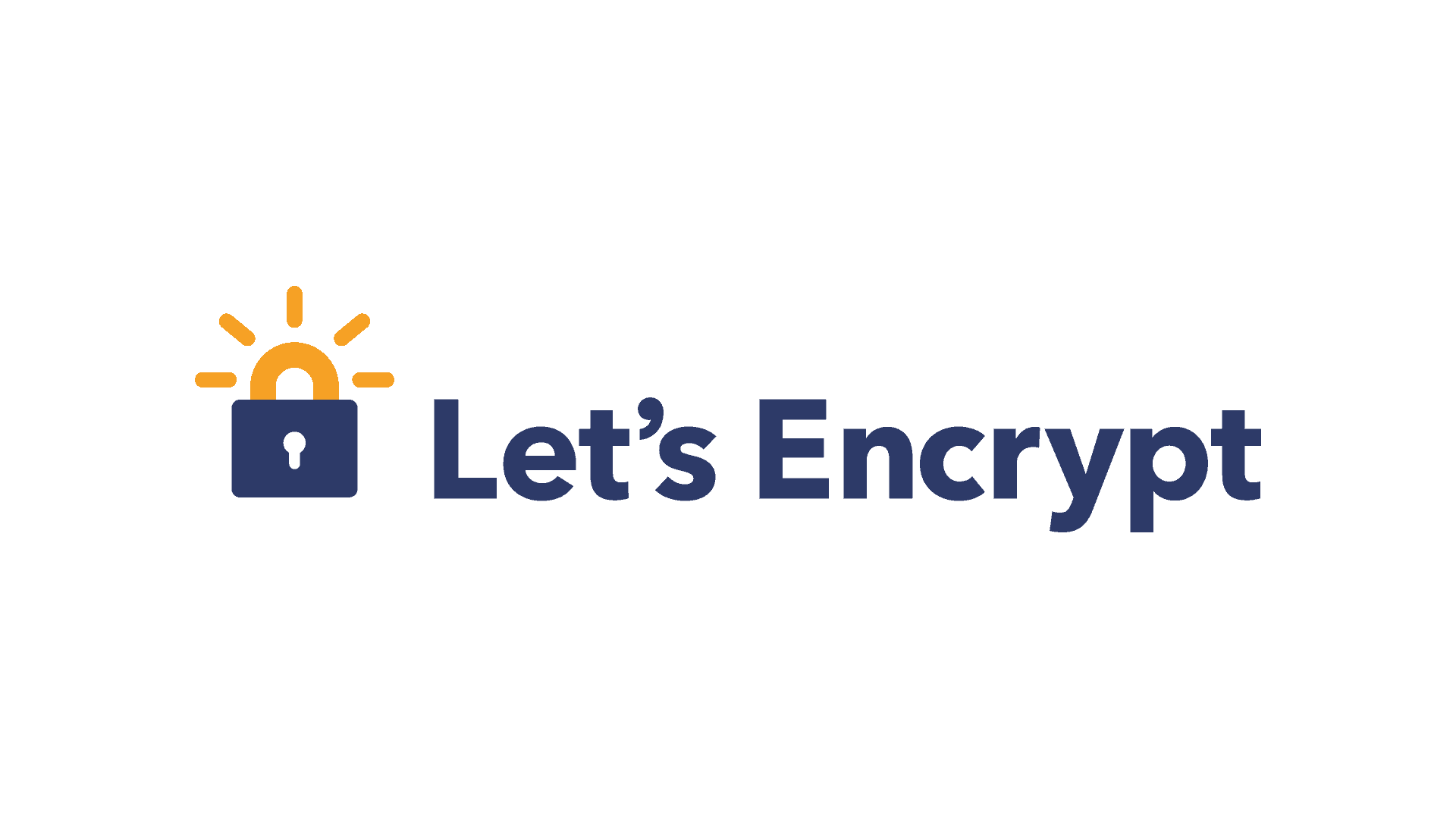When it comes to accessible Certificate Authority (CA) solutions that are easily available and free, Let’s Encrypt is second to none. They’ve enabled countless people and organizations to enable certificate-based web security and ensure that all communications with their website are fully protected.
Certificates are continually growing in popularity throughout cybersecurity, and for good reason. But not all certificate vendors are created equal, and it’s important to understand the difference in what vendors can provide and how they are able to support your online endeavors.
Who is Let’s Encrypt For?
The core function of Let’s Encrypt is to enable HTTPS by providing a free CA that distributes server certificates. This is an excellent tool for anyone creating a website that wants to provide a secure experience for viewers. Additionally, it will certainly help your site rank better with Google as they prioritize HTTPS websites over HTTP.
In a time where data theft attacks and breaches are entirely too common, it’s essential to equip your site with strong protection. Not only is your organization at risk, but without additions like server certificates, customers and website viewers may also be at risk. And there is likely a strong correlation between customer trust and your ability to protect their information when browsing your site.
While Let’s Encrypt does offer an easy to acquire CA solution, it may not be the best choice for every site and organization. What are the downsides of using Let’s Encrypt, and how can they be improved upon?
Lack of Technical Support
Probably the most glaring issue with Let’s Encrypt is the absence of any technical support to talk to should you run into issues. Even at the corporate level, there is no support for customers regardless of size; everyone is at the same operating level.
While the goal of Let’s Encrypt is to make their solution so easy that support is never needed, this cannot always be relied upon. Everyone knows that technology does not work perfectly and mistakes happen or things break. Without technical support, there are no failsafes to get the certificate up and running again. You’re on your own, which can end badly if there are long instances of downtime for your site.
Set Up Costs
Lack of support leads directly into the next detriment – the initial costs to set up Let’s Encrypt. Unless you’re a cybersecurity professional, it’s likely that you won’t know how to complete the setup process of equipping the web server with a server certificate.
The result are two likely outcomes; struggling through complex guides and spending a lot of time on configuration or hiring an outside professional to set it up. Either option brings significant costs in lost time.
Certificate Management Costs
As with most technology, the spending does not end after the product is configured and running. This is especially true with certificates as they bring along management costs over time. Certificates have to be updated, replaced after a certain time period (Let’s Encrypt certificates expire after 90 days), and updated at certain intervals.
Managing certificates isn’t the easiest process, especially for someone without experience. This again can lead to the hiring of a cybersecurity professional for the single task of managing certificates.
Not Widely Trusted
Because Let’s Encrypt is a free CA, they are laser focused on providing server certificates for the largest proportion of the population. As a result, their certificates are only supported by the most popular web browsers. So if you’re considering your customer base and say “none of our customers use Internet Explorer or browse on a video game console”, lack of certificate trust won’t be an issue for you.
But some organizations are dependent on traffic from more obscure web providers, and this lack of certificate trust can be detrimental. Let’s Encrypt certificates won’t be trusted from these smaller web browsers, so it’s up to your organization to determine the importance of this lack of trust.
Certificate Limitations
One of the amazing things about certificates is the diverse functions they can provide. But as a certificate provider, Let’s Encrypt has a very narrow certificate functionality. This can be both a positive and a negative depending on the customer.
If they only want to enable HTTPS, they will be less focused on other certificate functions. But if an organization begins with HTTPS and wants to expand their certificate uses from there, they are out of luck with Let’s Encrypt.
Overall, Let’s Encrypt is an excellent service for providing encrypted communication between website and viewer, and for many it’s exactly the solution they need. But the shortcomings of Let’s Encrypt must be considered. If you’re searching for a comprehensive certificate solution, SecureW2 may be the certificate provider you’re looking for.
Maximize Certificates with SecureW2
The goal of SecureW2 is to provide a complete certificate solution for the multitude of uses that your organization may look to get when enabling certificates. The setup process is rapid, with numerous guides, setup videos, and a comprehensive support team to back you up at every step. SecureW2 enables your organization to configure certificates in mere hours and be ready to distribute from our turnkey PKI.
Additionally, we’re able to provide certificates for a huge number of functions. Certificates from SecureW2 can be used for web authentication, RADIUS authentication, VPN, email security, and more. One of the most effective certificate solutions is their use in authenticating users to a secure network. Our JoinNow solution can equip devices with certificates in minutes or use our API gateways to distribute to managed devices with no end user interaction. And all of these certificate solutions are easily integrated because they are a completely vendor-neutral solution.

We’re able to provide comprehensive certificate solutions and everything you need to enable a certificate-based network at an incredibly low cost. Our entire solution is cloud-based, eliminating the need for a lengthy and expensive integration process. And our responsive and knowledgeable support team can ensure a rapid implementation of certificates so you can reduce downtime to an absolute minimum.
When considering all the factors available, Let’s Encrypt may be a viable option for some, but it certainly isn’t right for everyone. The lack of support and potential for catastrophic lapses in service make it a risky option for larger organizations that rely on 24/7 connection. Check out SecureW2’s pricing page to see if our certificate solutions fit your organization’s goals.





